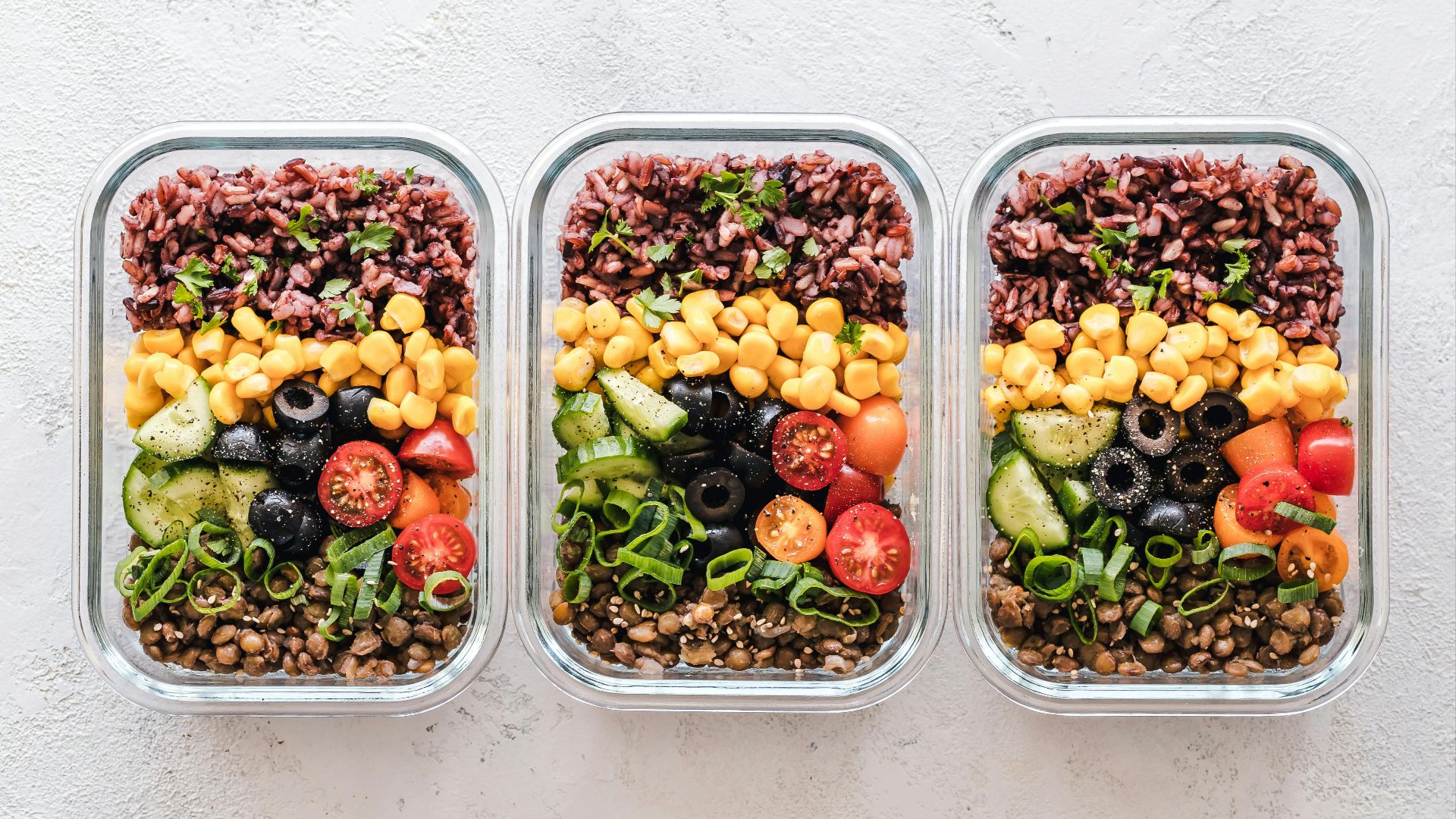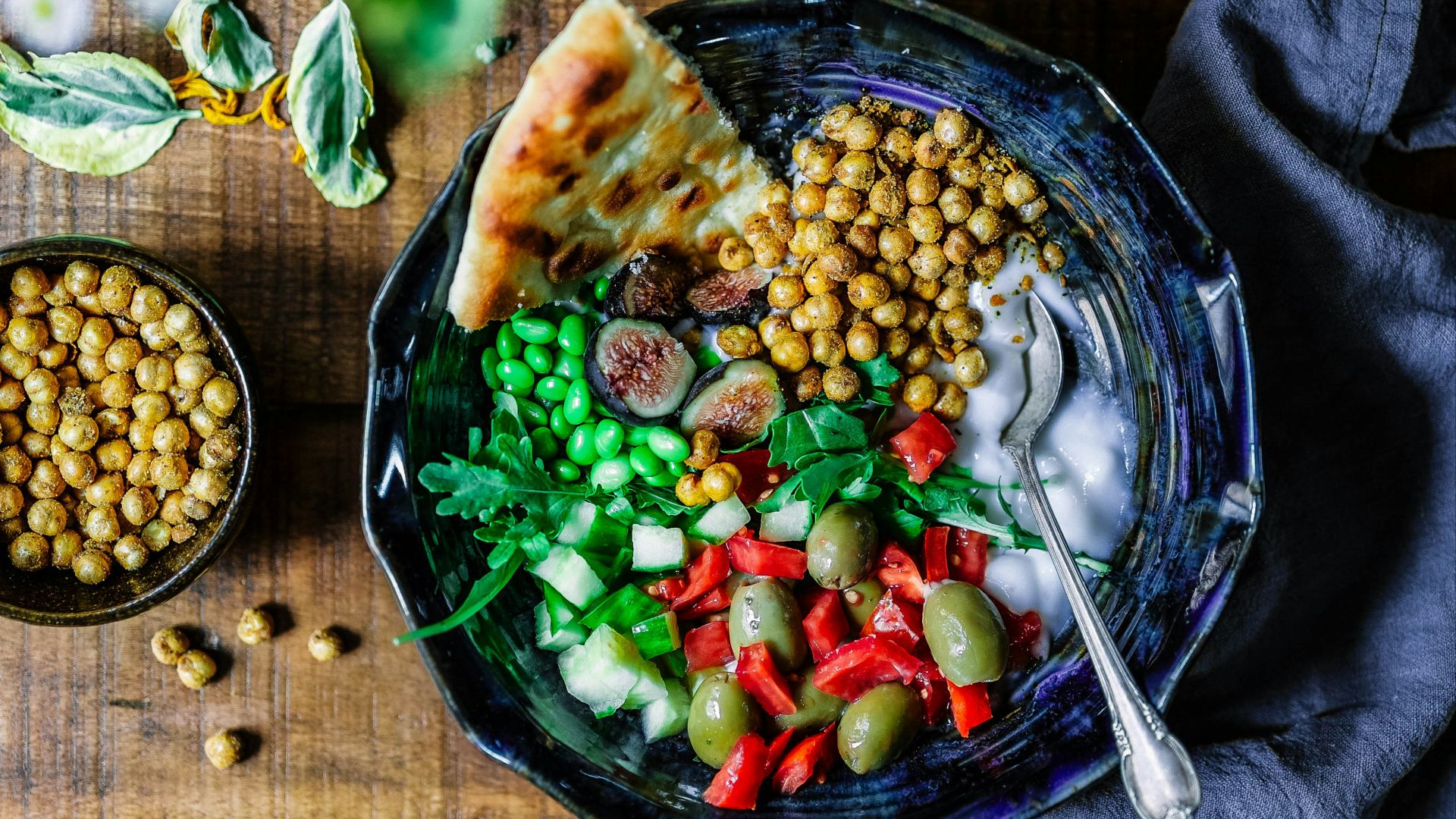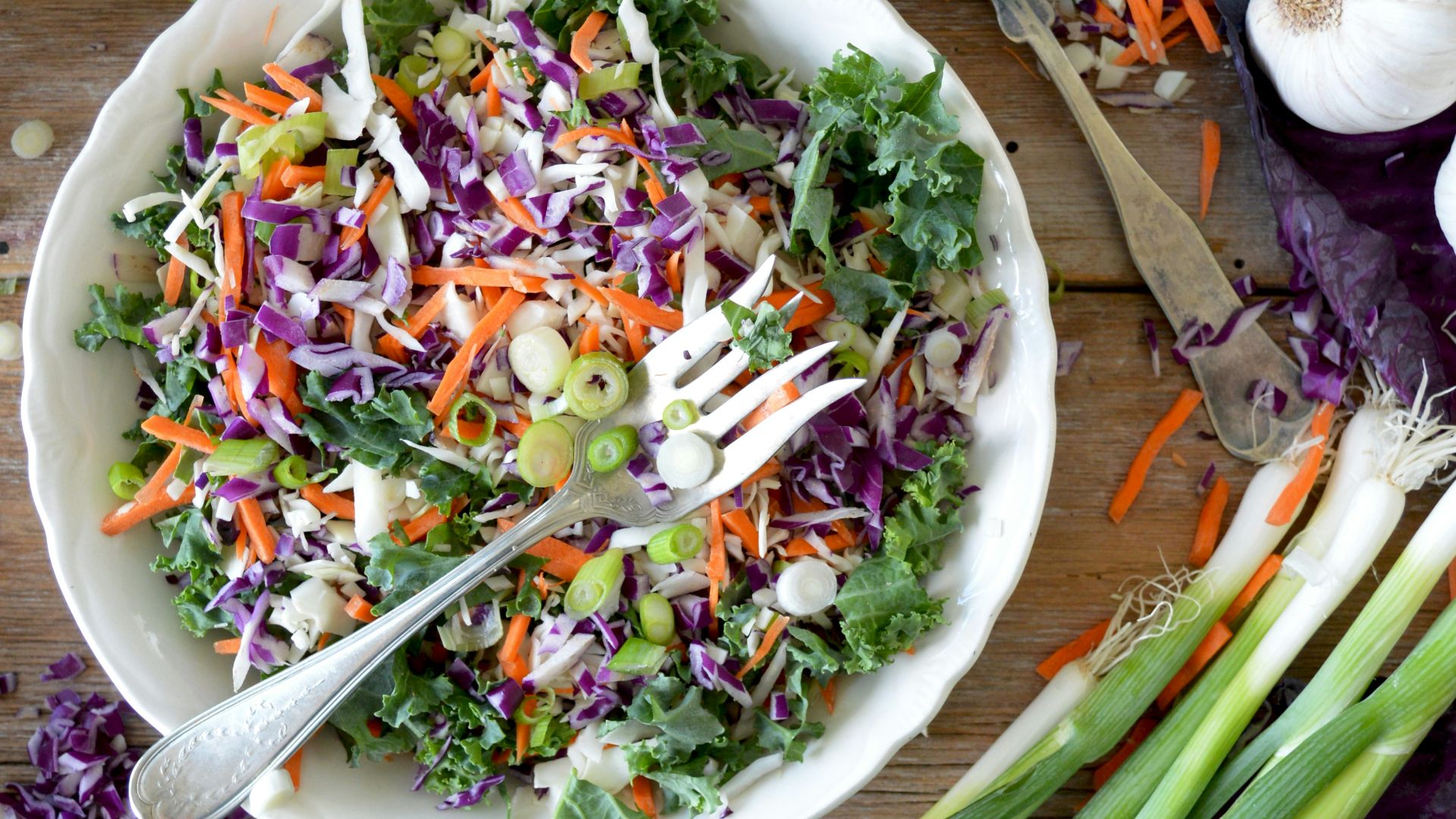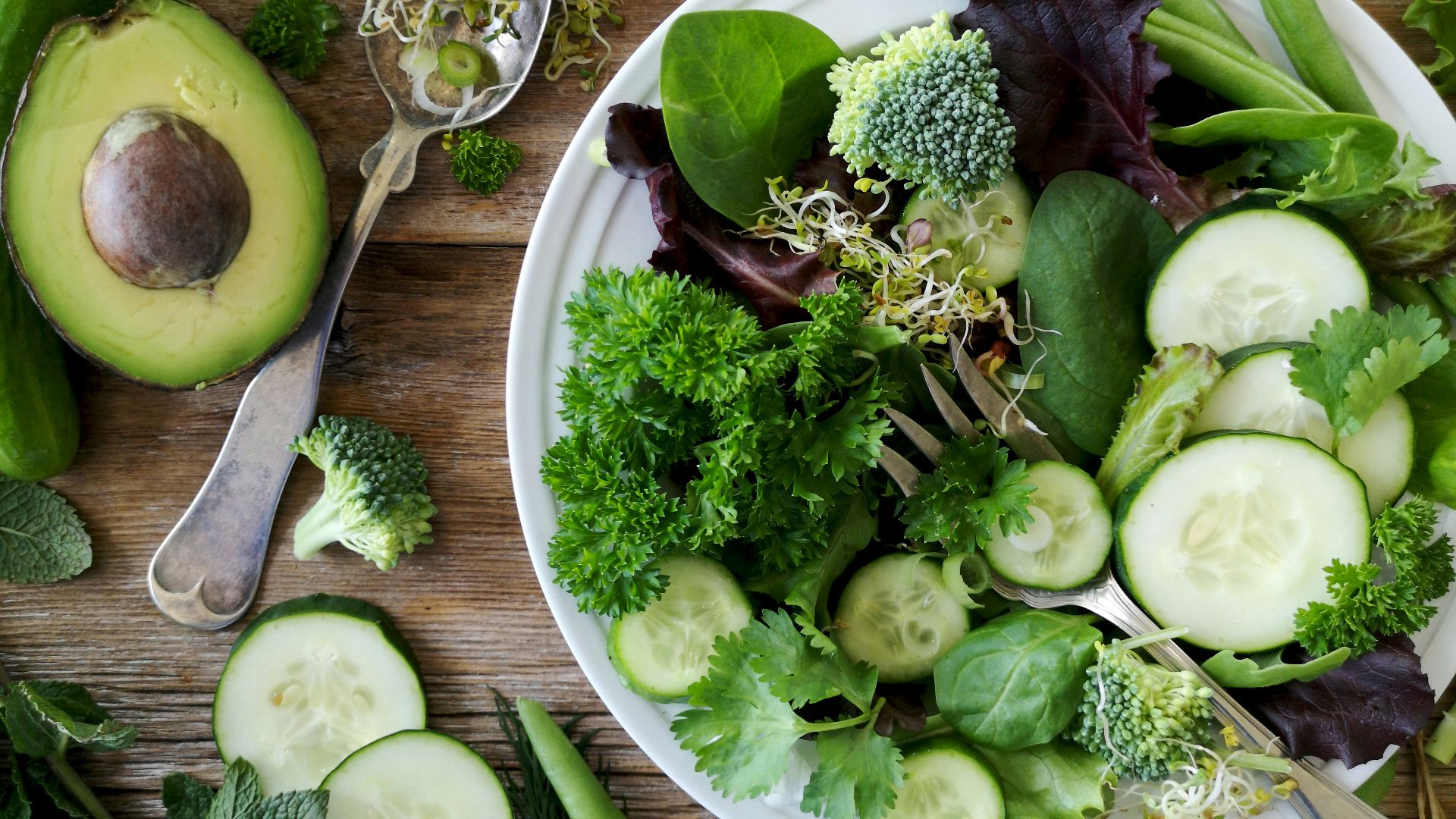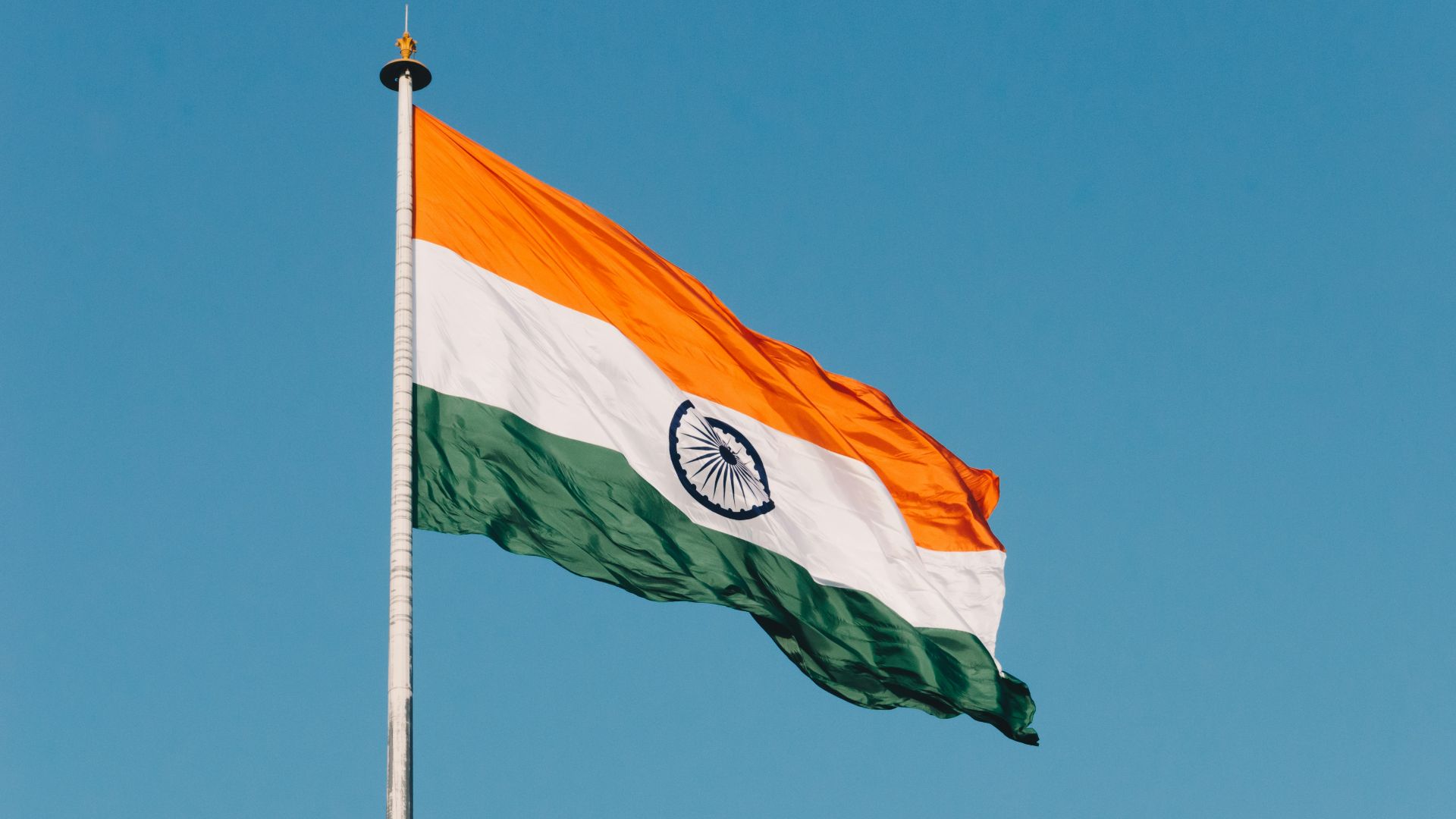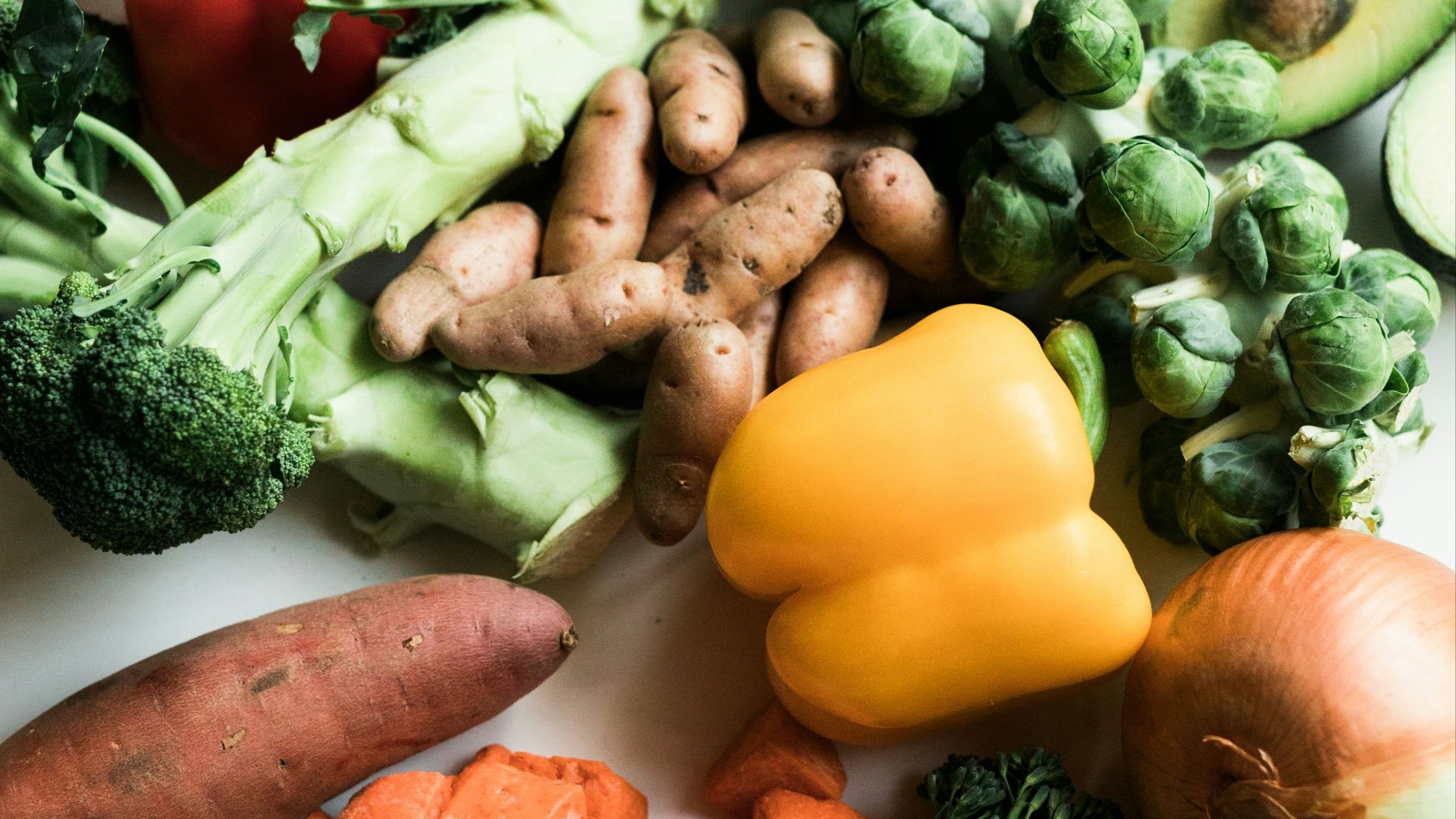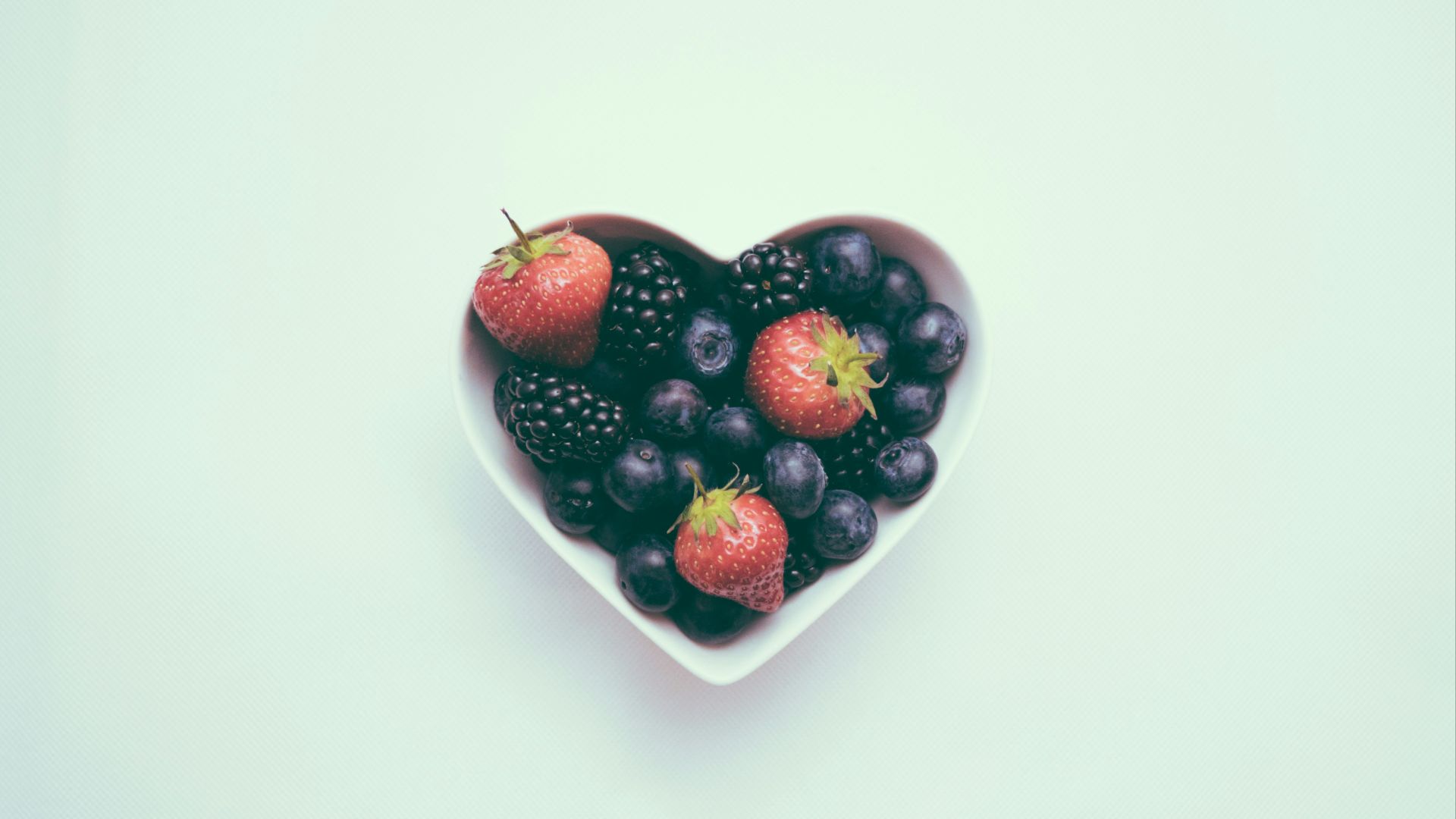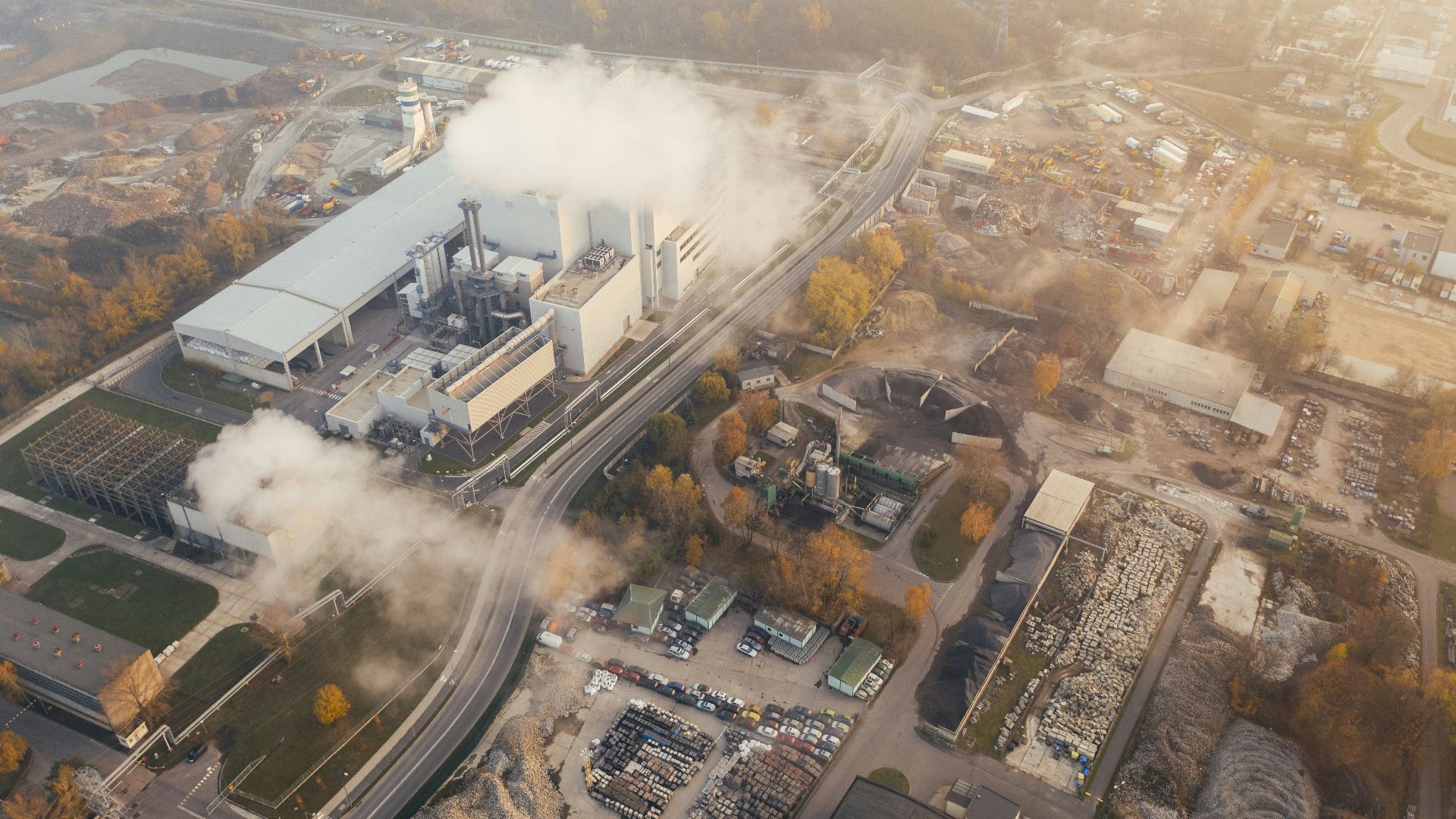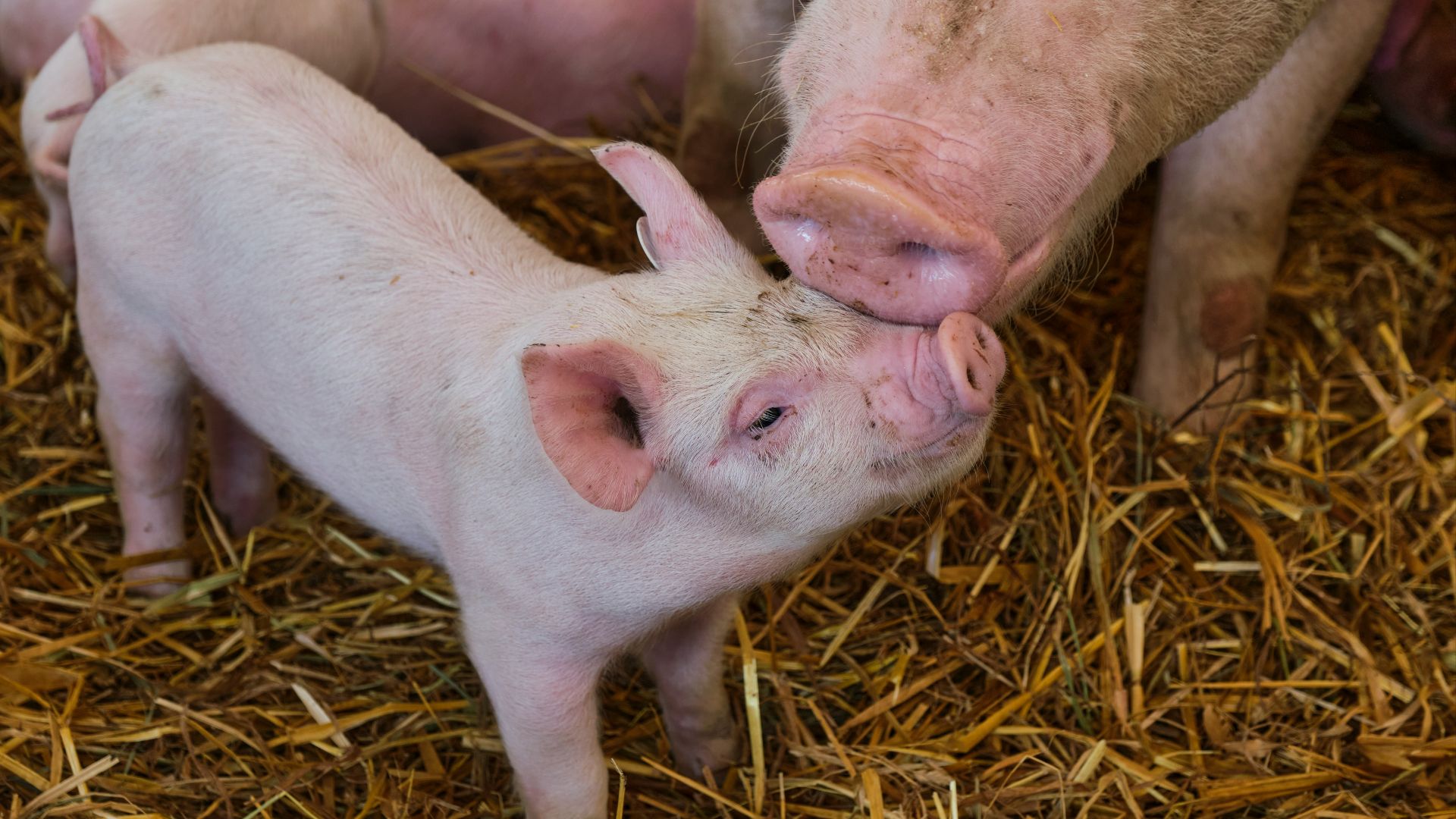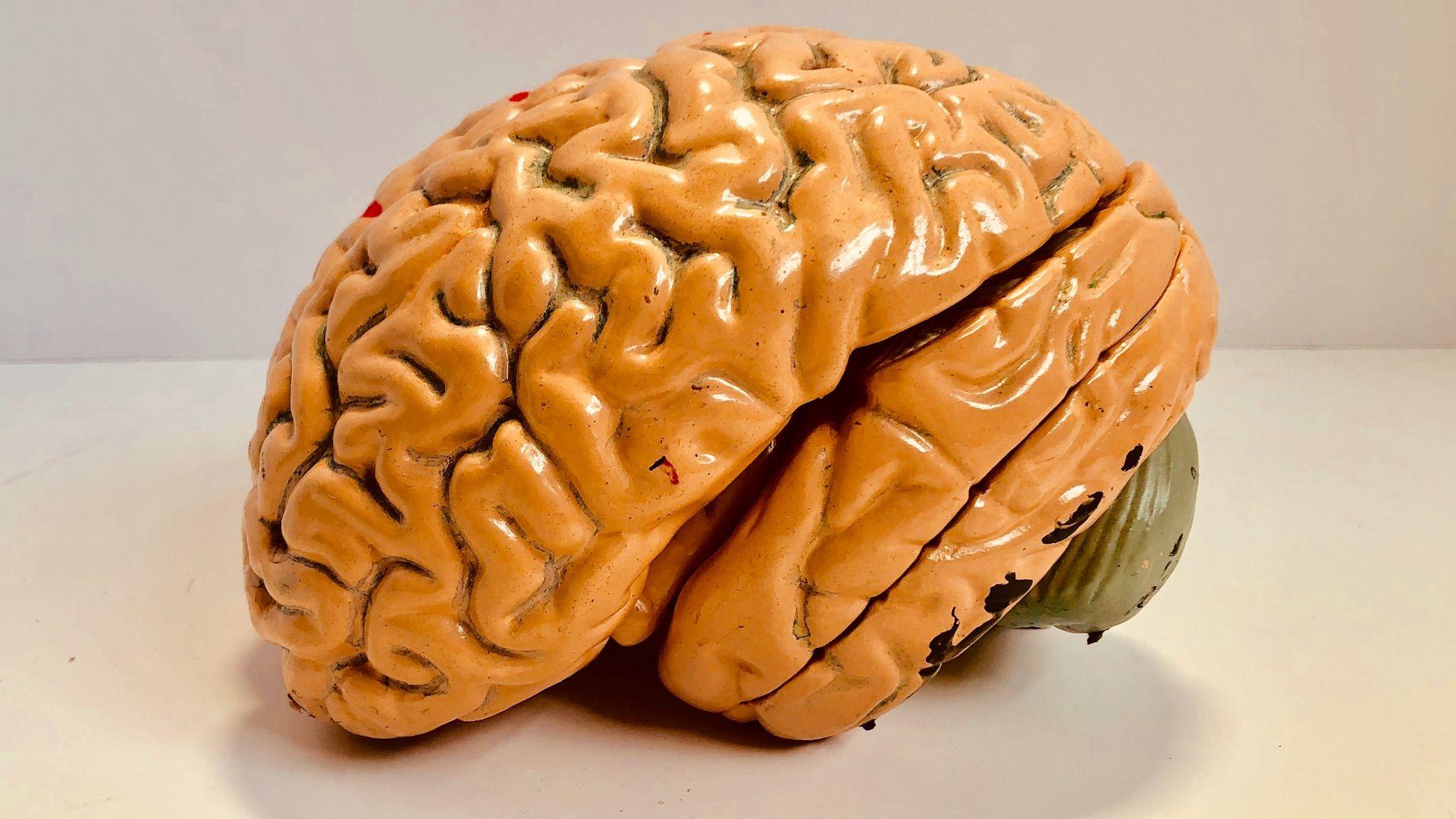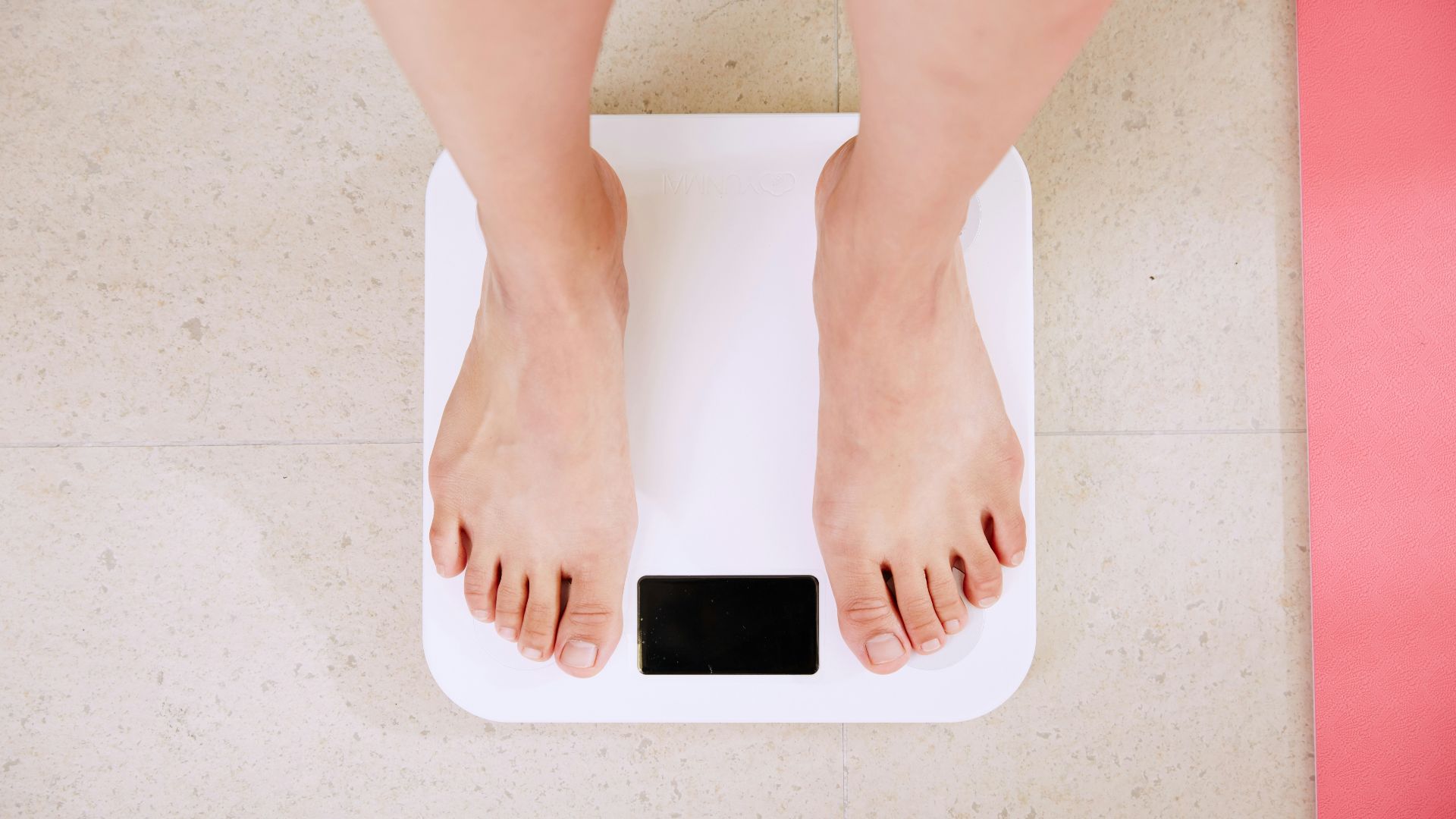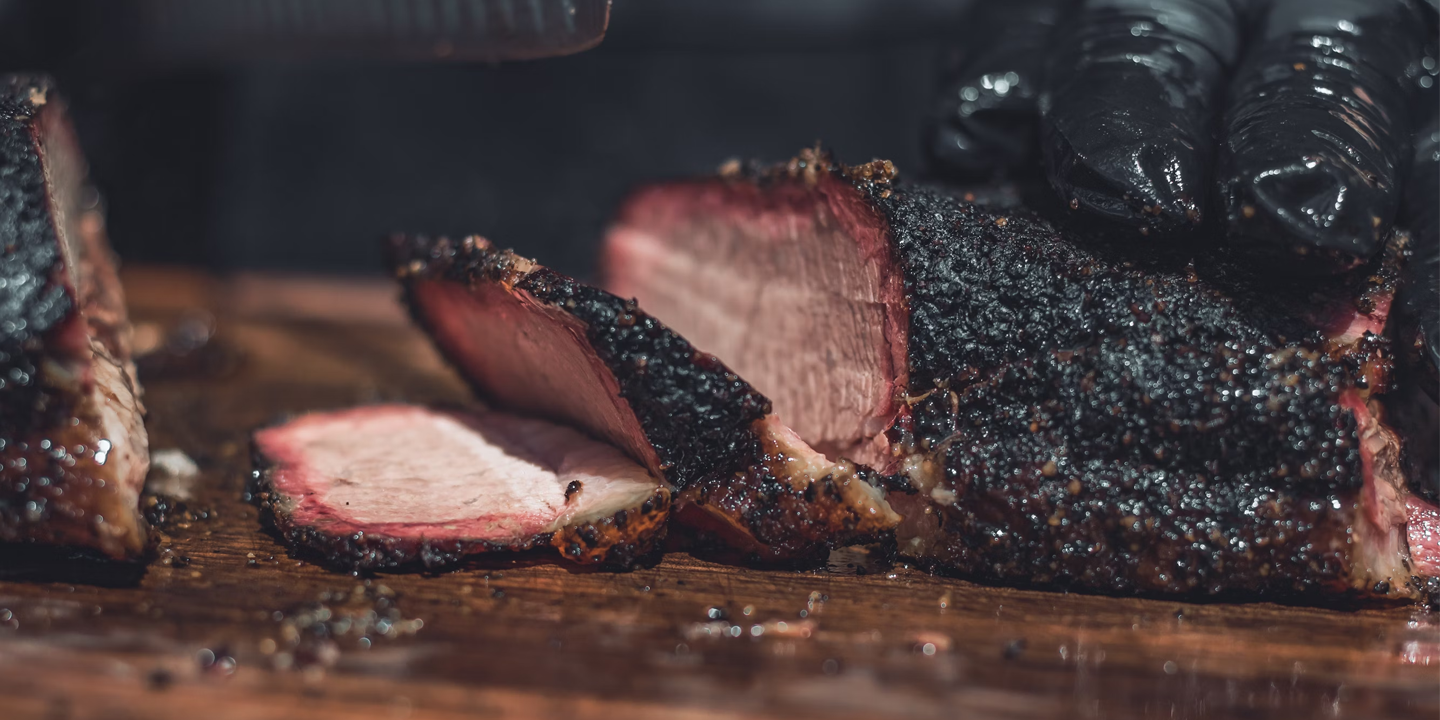No Vegan Diet, No Vegan Powers!
Plant-based items have made a spot for themselves in the world, and we couldn’t be more thrilled. Even if you currently eat meat, we can thank vegans for making the world a little more accessible, especially if you have dairy sensitivities. Whether you’re thinking of going vegan or simply prefer the taste of dairy-free ice cream, you’re helping to make the world a better place.
1. What Is Veganism?
According to Britannica, veganism is “the practice of abstaining from the use of animal products and the consumption of animal-source foods.” The Vegan Society, however, defines their practice as, “a philosophy and way of living which seeks to exclude-as far as is possible and practicable- all forms of exploitation of, and cruelty to, animals for food, clothing or any other purpose.”
2. It’s Not New
Many cultures and religions throughout history have done their best to avoid animal products, most notably Buddhism, Hinduism, and Jainism. However, the term “vegan” and subsequently the Vegan Society were established in the United Kingdom back in 1944.
3. Different Kinds Of Vegan
Vegans may abide by looser or stricter rules depending on what fits their lifestyle. Those who choose to be vegan may do so for health or spiritual beliefs, and certain folks may further their focus by only eating whole or raw foods.
4. You Can Still Get Protein
There are many ways to get your needed protein intake through veganism. Legumes, tofu, nuts and seeds, and whole grains all contain high amounts of protein, and are quite versatile for many different meals.
5. It Hasn't Always Been Easy
It’s only recently that a wide variety of vegan options have become available in restaurants. Many folks still turn the other cheek to people who prefer plant-based meals, often seeing vegans as inconvenient dinner guests, morally superior, or making them feel bad for eating meat.
6. Looking To India
India is said to have the highest percentage of vegans worldwide, with 10% of its population identifying as such. This is likely due to the country’s high population and the preexisting cultural and religious beliefs against eating meat.
7. Vegan Vs. Vegetarian
While veganism is technically a subset of vegetarianism, there are some slight differences. Certain vegetarians will still eat dairy, eggs, and honey while still abstaining from actual meat products. Another dietary practice, known as pescetarianism, involves only eating seafood but avoiding all other types of meat.
8. Vegan Doesn’t Always Mean Healthy
Being a vegan doesn’t inherently make you healthy, despite popular belief. Prepackaged foods or menu items that claim to be vegan can still contain high amounts of sugar, salt, fat, and refined grains, making them just as unhealthy as non-vegan items.
9. You’re Already Eating Vegan Food
If you’ve had Oreos, Doritos, Hummus, Ritz Crackers, or Sour Patch Kids recently, you’ve already delved into the world of plant-based food. Many companies have accidentally made their products vegan, making them a popular snack choice for non-meat-eaters.
10. When Not To Go Vegan
Several health conditions have the potential to get worse if you choose to follow a vegan diet. Many websites recommend keeping dairy and protein in your diet if you have Crohn’s disease, diabetes, celiac disease, cancer, struggle with alcoholism, or have a zinc deficiency.
1. Health Benefits
If you’re eating the right foods, veganism can reduce the risk of heart disease, type 2 diabetes, and high blood pressure. It’s also been suggested that vegans have a lower risk of getting colon cancer, due to the lack of carcinogens (red and processed meats) entering the body.
2. Reducing Your Carbon Footprint
Vegans have a significantly lower carbon footprint than other diets, sitting at 3.6 pounds of CO2e per day in North America. This is drastically smaller than the daily average for most individuals in the United States, who create around 97 pounds of CO2e daily. Of course, numbers can vary depending on the frequency of energy use, transportation, and waste.
3. Upping That Metabolism
Going vegan has the potential to increase your metabolic rate. This is likely due to your increase in fiber, which requires more energy to digest.
4. Saving The Animals
It all comes back to the animals. As more individuals reduce their animal product consumption, it decreases the number of animals that suffer within the factory farming system. Watch one video of how those animals are treated, and you’ll want to make the change as well.
5. Saving The Forests
Saving the animals also means saving the land. Factory farming requires large amounts of land, often tearing down large portions of forests to make space. By reducing the need for animal agriculture, we reduce deforestation.
6. Saving The Air
Likewise, the reduction of greenhouse gas emissions from animal waste can decrease air pollutants like ammonia and other airborne particles, which have the potential to greatly improve our air quality around the world.
7. Better Mental State
Certain folks find that turning to veganism greatly improved their mental state. This could be because they’re aligning themselves with their personal values, but it could also stem from the vitamin and mineral-rich diet that they’re eating. It must be noted, however, that if you’re not getting enough nutrients, your mental state can significantly decrease.
8. Weight Loss Benefits
Going vegan often results in a lower intake of calories and saturated fat. Fruits, vegetables, and whole grains have lower calories than animal products, so you’re able to eat more without going over your daily limit.
9. You’re Doing Your Part
As we mentioned before, folks tend to dislike vegans for their air of moral superiority. While we don’t necessarily recommend calling people animal killers at the dinner table, you’re absolutely allowed to feel a sense of personal pride for choosing a path that can make a better world.
10. To Challenge Yourself
Going vegan is challenging, especially if your current diet already has no dairy or protein substitutes. Going vegan is a great way to challenge yourself, and can play a large role in your personal health and wellness goals.


